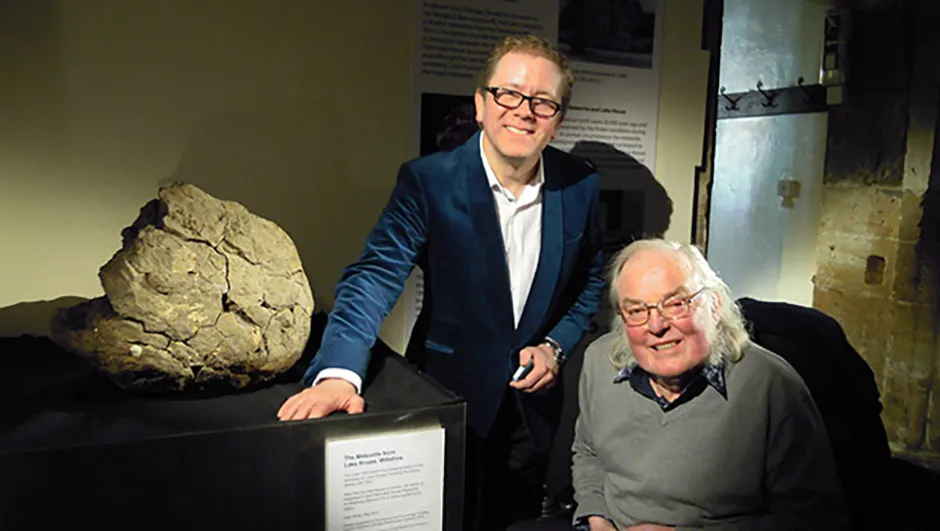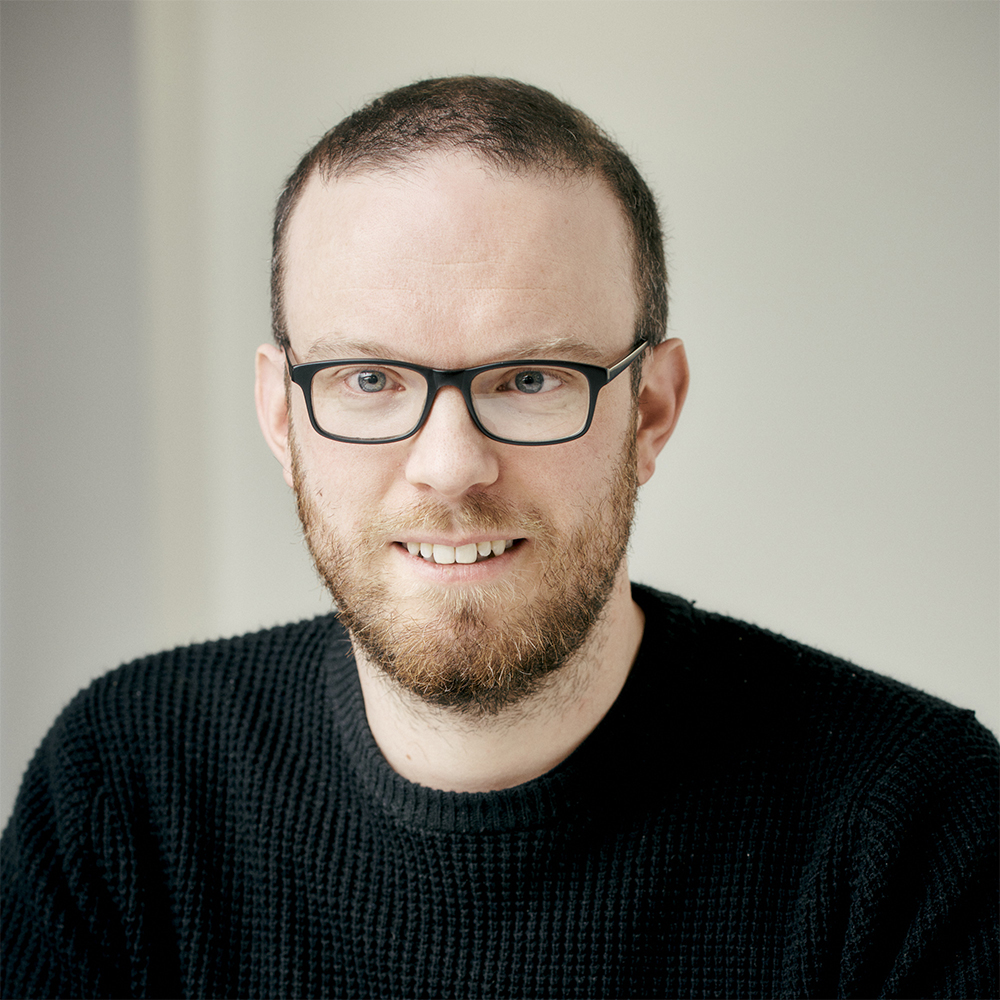Yesterday evening the Great Hall in the Wills Memorial Building, University of Bristol, was packed as a full house gathered for the inaugural Colin Pillinger Memorial Talk, entitled ‘An Hour On The Moon’.
Hosted by comedian and BBC Sky at Night Magazine columnist Jon Culshaw, the evening was a celebration of humanity’s obsession over and encounters with our closest celestial neighbour: how our perception of the Moon has developed and changed throughout the ages.
The background to the evening’s events was the life and work of the late Colin Pillinger, who led the Beagle 2 mission to Mars but who also was one of the first people to work on the lunar samples brought back by Apollo 11 at the University of Bristol. Colin’s wife Judith and family worked closely with the University to make the event possible.

Dr Marek Kukula, Public Astronomer at the Royal Observatory Greenwich, led the first talk of the evening, looking at humanity’s relationship with the Moon and its importance in our history and culture: in art, navigation, poetry, song and stories.
Author Peter Cadogan, Colin’s friend and colleague who worked with him on the lunar samples, discussed their work together and its relevance in the context of our exploration of the Moon.
The evening finished, fittingly, with Dr James Carpenter, part of ESA’s lunar exploration team, who revealed future plans to return to the Moon and what that might mean for Solar System exploration and astronomy.

BBC Sky at Night Magazine spoke to Dr Carpenter to find out more about Colin Pillinger’s legacy and how his work has contributed to our knowledge and exploration of the Moon.
“Colin was involved right from the beginning working with lunar samples that were brought back by Apollo 11.
He was a really important character working in those early days of lunar exploration and his work was instrumental in understanding much of what we do today about the Moon, and what it tells us about the Solar System in general.
“For me personally, he was someone who I came to know in about 2009 when we started looking at developing European lunar exploration activities.
He was hugely supportive of what we were doing, was very interested in the science and became very involved in our work preparing scientific instrumentation packages for future lunar missions.”
How did you meet Colin and what sort of person was he?
“The first time I met Colin, we had a meeting at ESTEC (European Space Research and Technology Centre) in the Netherlands, which was an information day about a lunar exploration project we were planning.
We received an email beforehand to say that Colin Pillinger was coming.
We all knew Colin from Beagle 2’s mission to Mars, but I had no knowledge at that time of his background in lunar science.
“In ESA, Colin was somewhat notorious as a bit of a character and there was some nervousness amongst the team about the fact that he was coming and what he might say!
This is because he was an outspoken character and was very opinionated.
We weren’t sure if he was going to come and tell us we shouldn’t be proceeding with the project: whether we should be going to Mars instead.
But he was also someone I had a tremendous amount of respect for as well. He came along and we presented our case and what we wanted to do.
Then he put his hand up to make a comment and, it turned out, was hugely supportive of what we were attemtping.
He had some really useful insights and comments and became an important supporter of lunar exploration.”
Can we still see his legacy today in current lunar missions?
“Absolutely.
One of the major activities for us is a package called PROSPECT, which will land at the lunar poles initially on board a Russian lander mission.
This is planned for 2020 and will drill into the lunar surface to depths of a metre to two metres, extract samples that could contain water ice and then transfer those samples to a laboratory.
That laboratory is based on the GAP (Gas Analysis Package) instrument that was part of Beagle 2, and this really comes from Colin’s work and his background.
So I think that his science and inventiveness are continuing as part of a legacy that is influencing the work we are doing today.”
How did you get involved in tonight’s event?
“I had known Colin for a few years and got to know him quite a bit and we enjoyed working with each other.
His wife Judith was kind enough to think of me and invite me to participate in the evening and it is a great privilege to be able to do so.
“I think that the fact that tonight is happening, that we have a full house, demonstrates there is a tremendous interest in the Moon as a body, as a place to explore, as something to understand.
This evening shows that the Moon has tremendous cultural importance, not just to us in western society but globally to us as a species.
Scientifically it is wonderful and we are only now in the last 10 or 15 years rediscovering what it has to teach us.
We have barely scratched the surface of what it can tell us about ourselves, about our planet, about the emergence of life and the Solar System in general.
“So I hope that people will leave the event with a sense of optimism that we are going to go back to the Moon, but it will be different from last time.
It will be something that is international, and something that has to be sustainable. I think that we are on the cusp of a really exciting era of space exploration and the Moon will be the centrepiece of that.”
